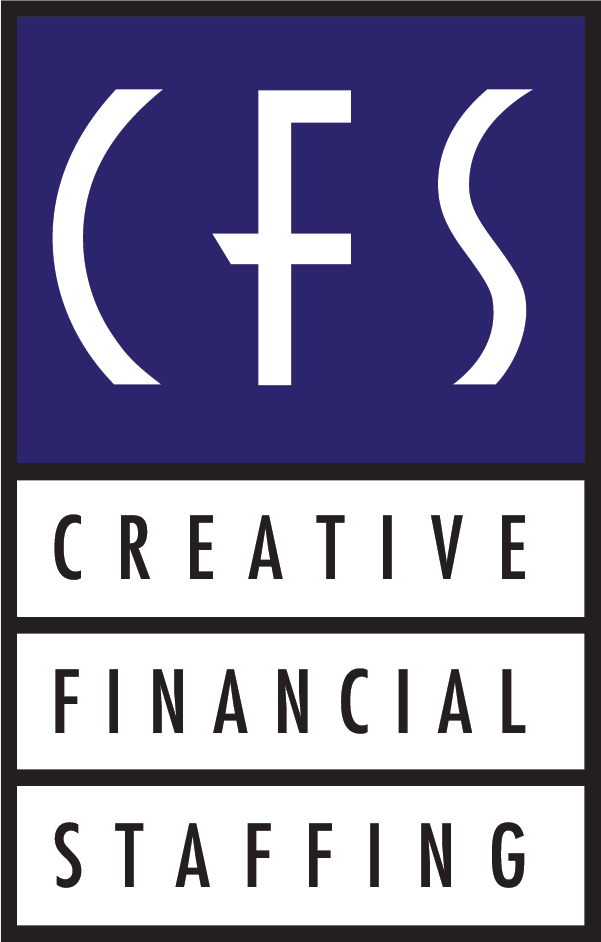It’s the call you’ve been anxiously awaiting, but unfortunately it’s not the outcome you had hoped for: you didn’t get the job. You might feel defeated or even a bit lost, but remember that this can happen to the best of us. Rejection is an unavoidable part of the job search process, but it’s something you can learn from. Our recruiters have shared their expert advice on handling job search rejection like a pro.
Be Professional
You shouldn’t take things personally. Nicole Hicks, Staffing Manager of CFS Seattle, reminds us that the company is not rejecting you as a person. Your skills simply don’t match up with what the company needs right now, but not necessarily what they’ll need down the road. This is why it’s crucial to always thank your interviewer and maintain a professional relationship. You never know what opportunities may arise in the future.
Stay Positive
It may be cliché but it still remains true. There is a reason we end up where we do and it’s important to remember that. Ron Ramey, Executive Recruiter of CFS Columbus, explains that more often than not it will come down to two people, and in the end one person simply has a little more experience than the other. In this scenario, Ramey says it’s important to focus on the positives takeaways from the interview process. What did you do well? How did you present yourself? Were your answers relevant and concise? Utilize this experience to your advantage and form a game plan for your next interview. You don’t want to overthink a job that “wasn’t meant to be”.
Ask for Feedback
Self-evaluation is the first step to improvement, but honest feedback from someone else is especially helpful! If you have the opportunity to ask your interviewer for feedback, then you should take it. Not only will you gain an outsiders perspective, but it will make you a stronger candidate in the future. You can utilize their response of why you were rejected and put it to good use.
Don’t Dwell on It
You won’t be able to move on if you constantly think about it. In addition, you don’t want to speak about any of your past rejections in an interview and give a prospective employer reason to think you’re not a desirable candidate. As Hicks says, when you go on a first date it’s not common practice to speak about an ex, and the same idea applies for a job interview.
Always remember that the interview process will be filled with trial and error. It takes time to find the perfect job. That’s why it’s called a job hunt! In order to succeed you need to get yourself out there and not be afraid of rejection- the right job for you will come along.
Let us help with your job search, connect with a CFS recruiter today.








